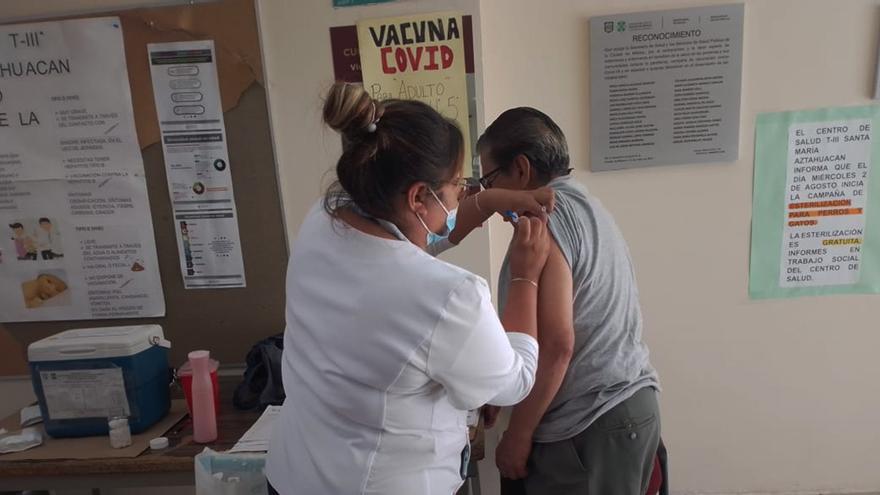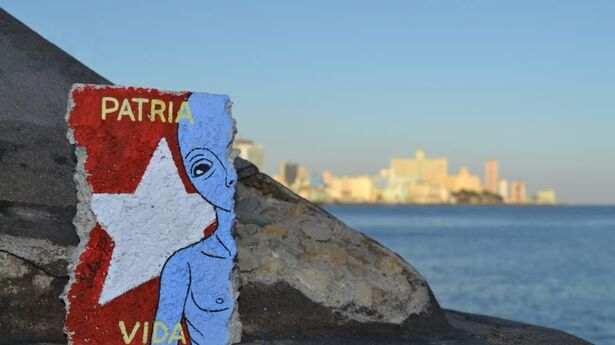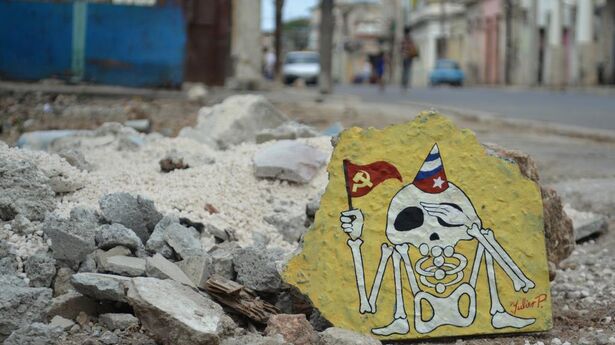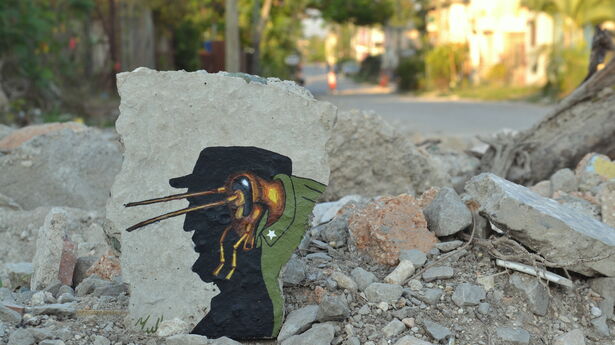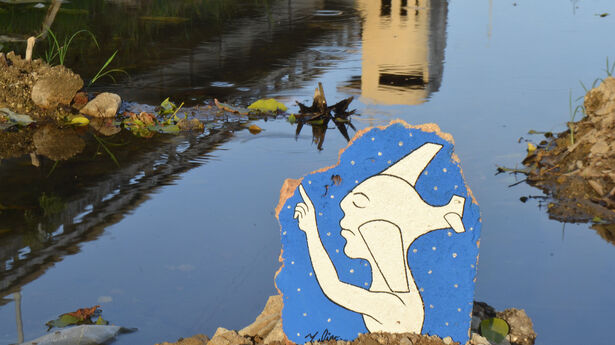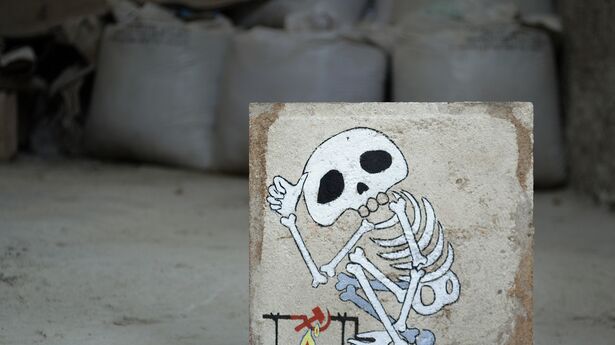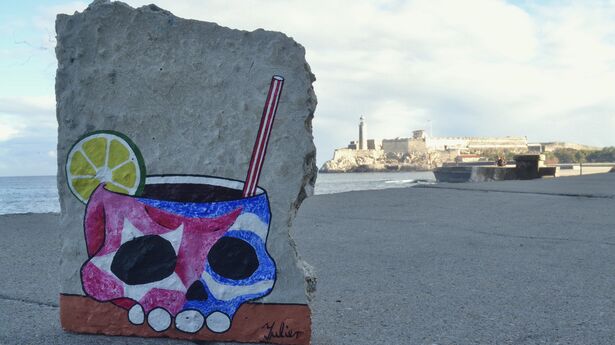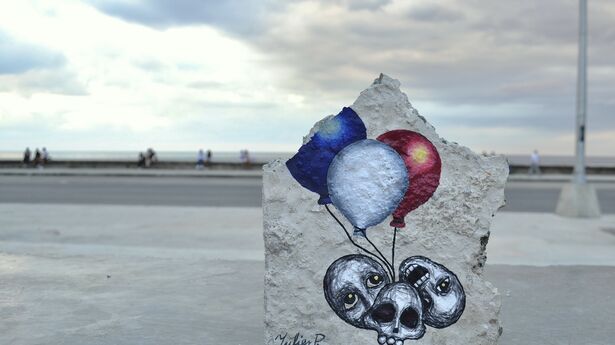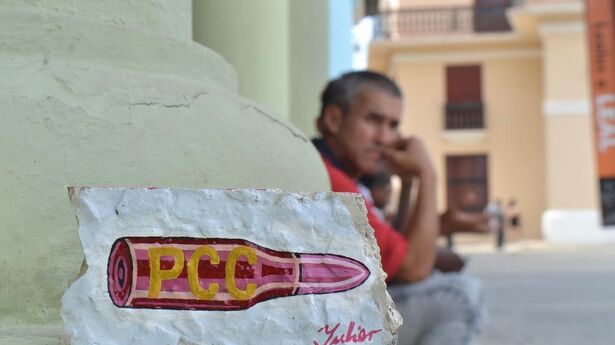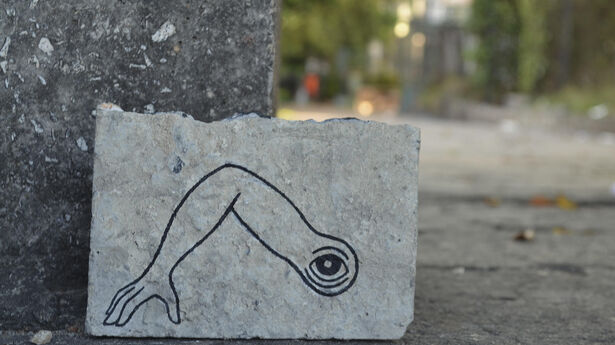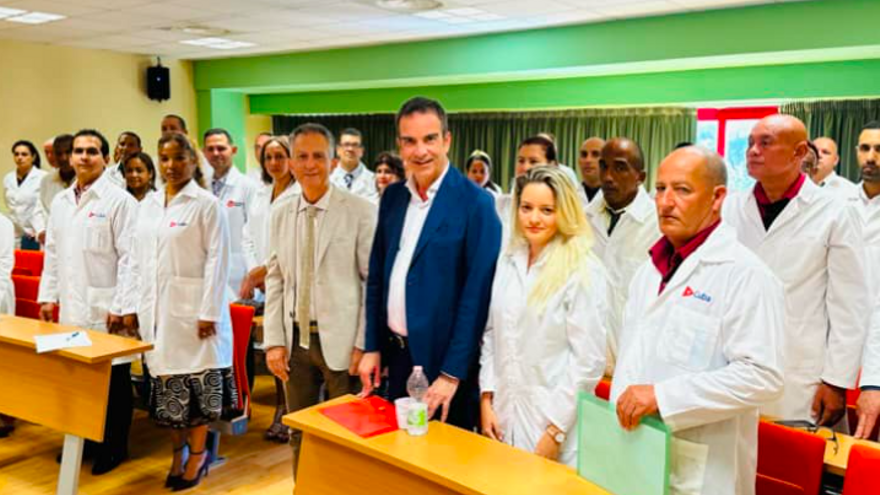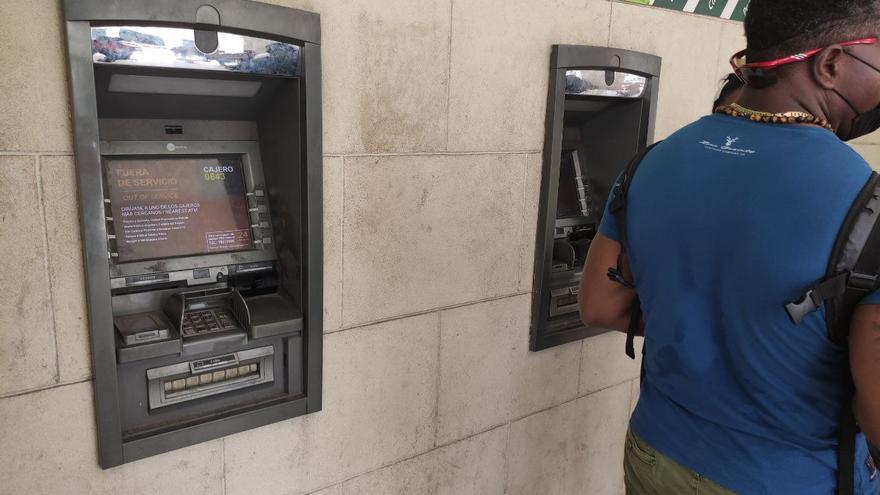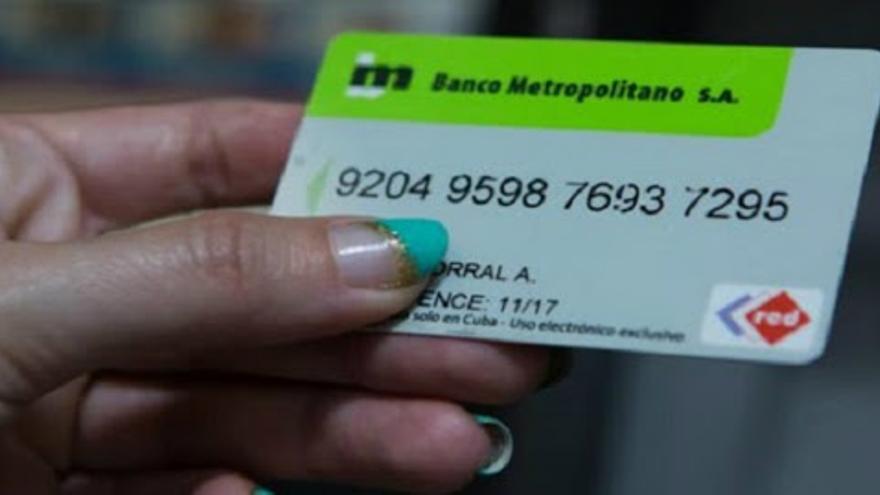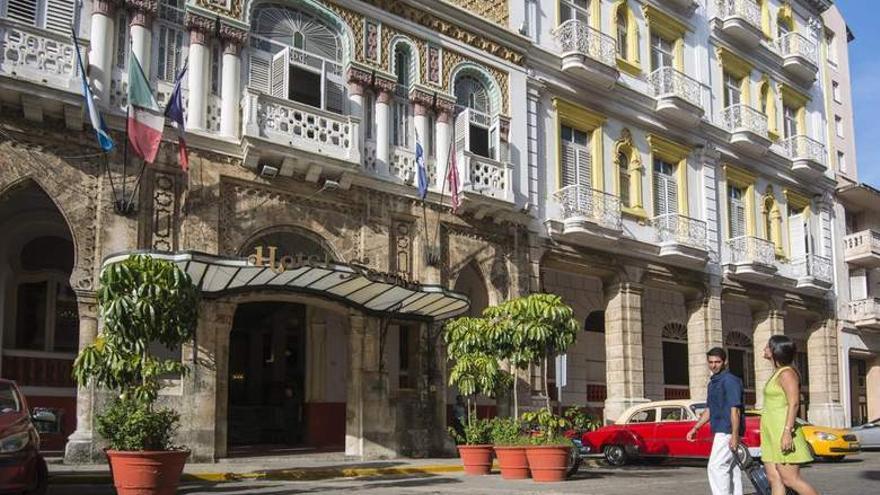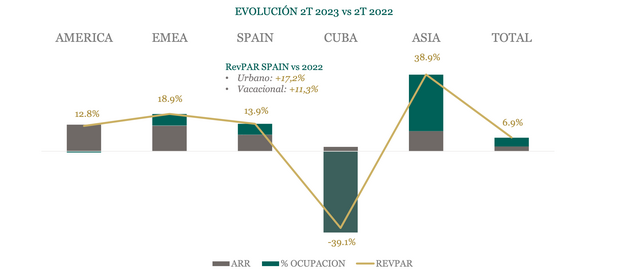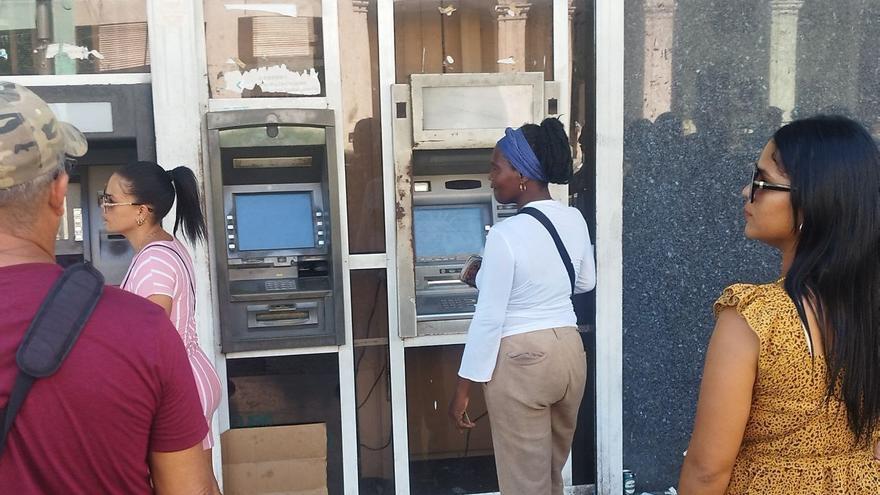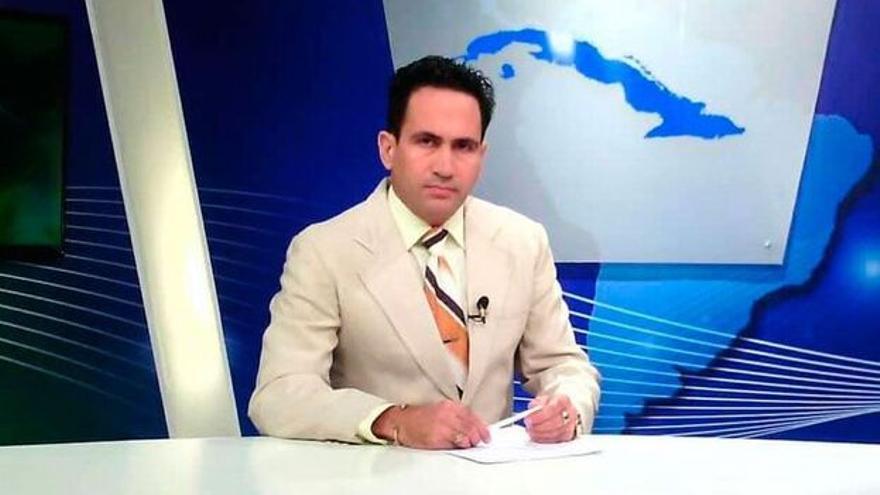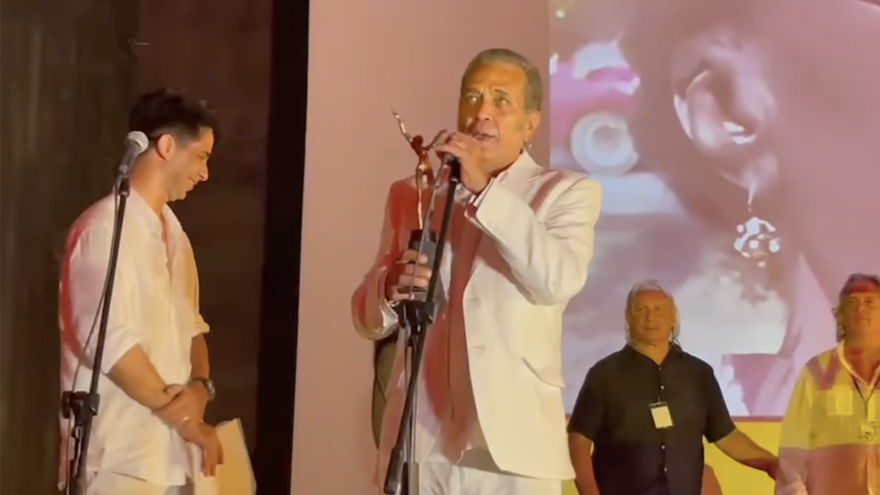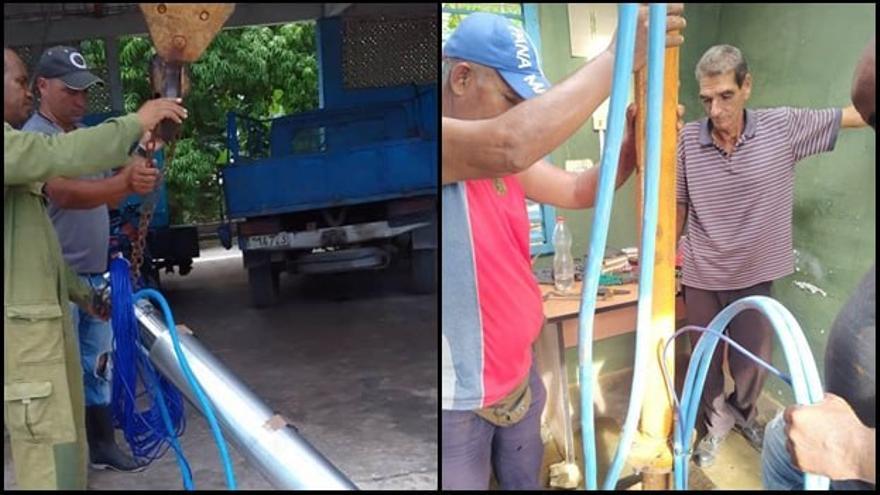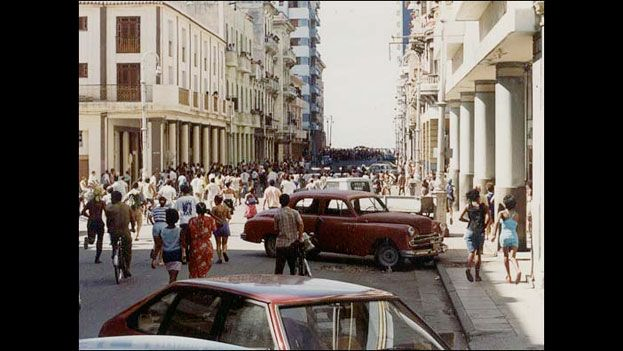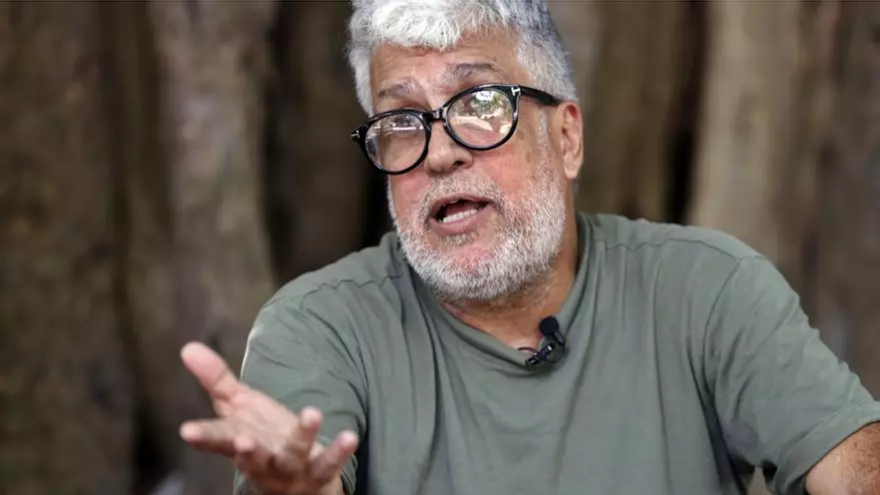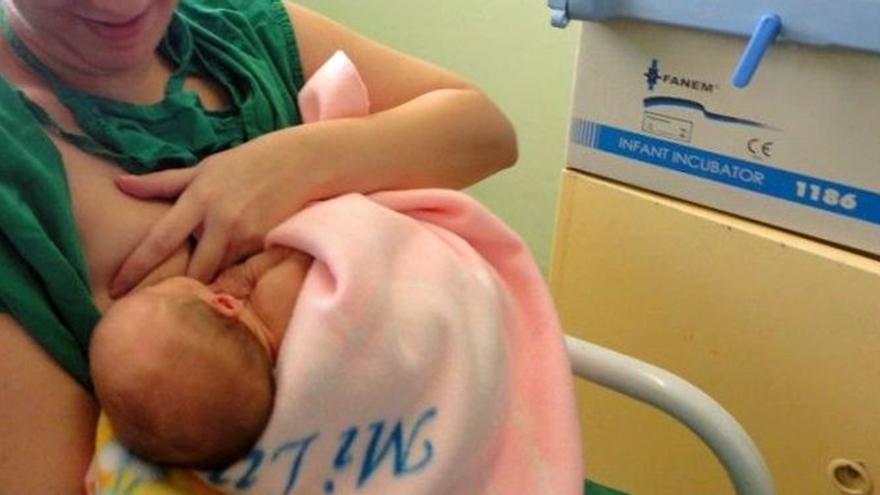
![]() 14ymedio, Havana, August 6, 2023 — The Cuban authorities have turned these days to World Breastfeeding Week, which is celebrated from August 1 to 7, sponsored by the World Health Organization and the United Nations Fund for Children (Unicef). Thus, the articles on the subject, focused on disseminating that breast milk is the best food for a child in the first months of life, have multiplied in the official press.
14ymedio, Havana, August 6, 2023 — The Cuban authorities have turned these days to World Breastfeeding Week, which is celebrated from August 1 to 7, sponsored by the World Health Organization and the United Nations Fund for Children (Unicef). Thus, the articles on the subject, focused on disseminating that breast milk is the best food for a child in the first months of life, have multiplied in the official press.
On the island the outlook is not encouraging. According to data from 2019, only 40.9% of mothers exclusively breastfeed their children during the first six months of life. The figure is below both the average for the region (43%) and and for the world. (48%).
Those levels must be increased, Dagoberto Rivera, coordinator of the Unicef Cuba Program, urged at a press conference. “This week sets a challenge for the countries: reach 2030 with no less than 50% coverage. That is the great challenge and that is why influential personalities and the media are also involved, in order to reach more people and achieve that change that is needed,” said the official.
Under the motto “Facilitating breastfeeding: making a difference for working mothers and fathers,” the week has among its objectives to improve support for breastfeeding in the workplace. continue reading
Rivera highlighted what the WHO has been repeating since it launched the international initiative in 1992: that breast milk is not only beneficial for children and mothers but also for the health system “in economic terms.” “How much is invested in treating some chronic diseases that are preventable if breastfeeding is given fundamentally in the first six months?” the official asked.
Another official from Unicef Cuba, Odalys Rodríguez Martínez, emphasized one of the premises of the international health bodies: that “it is key to start breastfeeding within an hour following birth, as well as to maintain exclusive breastfeeding during the first six months of life and then continue up to two years and beyond, supplemented with nutritionally adequate and safe foods.”
In the same press conference, different activities sponsored by UNICEF for this week were announced, among them granting incentives to “women who donate breast milk and mothers who have achieved exclusive breastfeeding for six months and supplemented up to two years and more,” to carry out “interventions in communities and families,” and to offer a “national workshop on breastfeeding and human milk banks,” in Havana on August 6 and 7.
The authorities have not expressed any hypothesis why in Cuba the figures for exclusive breastfeeding are so low, but one of the reasons for a mother to stop breastfeeding her child may be that her own nutrition is not adequate and, therefore, she cannot feed the baby.
“My baby’s weight stagnated only with breast milk and the doctor himself told me to give him other things,” Sara, a 25-year-old mother from Villa Clara, told 14ymedio . There are several stories of mothers who do not produce enough milk and are forced to exchange the natural source for substitute preparations or to go to neighbors who do produce in abundance. “In my case, my mother had no milk when I was born, so they hooked me up to the mother of another contemporary girl from the neighborhood with whom I practically grew up,” Lydia narrates from Havana.
In any case, the sudden insistence of the Cuban authorities on breastfeeding is striking, when for decades the State policy was exactly the opposite. Between the 1960s and the 1980s, lactating mothers were considered bourgeois and weak on the island. The regime, including the Federation of Cuban Women and its leader, Vilma Espín, urged the weaning of babies 45 days after birth, when they had to enter the nursery, not only so that the woman could rejoin “the tasks of the Revolution” but so that infants would remain under the aegis of the State.
“My mother put me in the childcare at 45 days, and she would run away from work to come and give me the breast,” says Diana, who grew up in El Vedado in Havana. “It was an odyssey, and it was like that until I was six months old.”
María’s mother was a ‘rare bird’, when she was born in the mid-seventies and, along with her sister, enjoyed more than a year of breastfeeding. Now, about to have a granddaughter, she expresses her wish that her son encourage the child’s mother mother to breastfeed, but she finds the girl’s family reluctant, as she was also raised at the time when the Government discouraged doing it. “Imagine yourself, so many years convincing people that the best thing was to wean the child, it is very difficult to change that custom.”
____________
COLLABORATE WITH OUR WORK: The 14ymedio team is committed to practicing serious journalism that reflects Cuba’s reality in all its depth. Thank you for joining us on this long journey. We invite you to continue supporting us by becoming a member of 14ymedio now. Together we can continue transforming journalism in Cuba.

